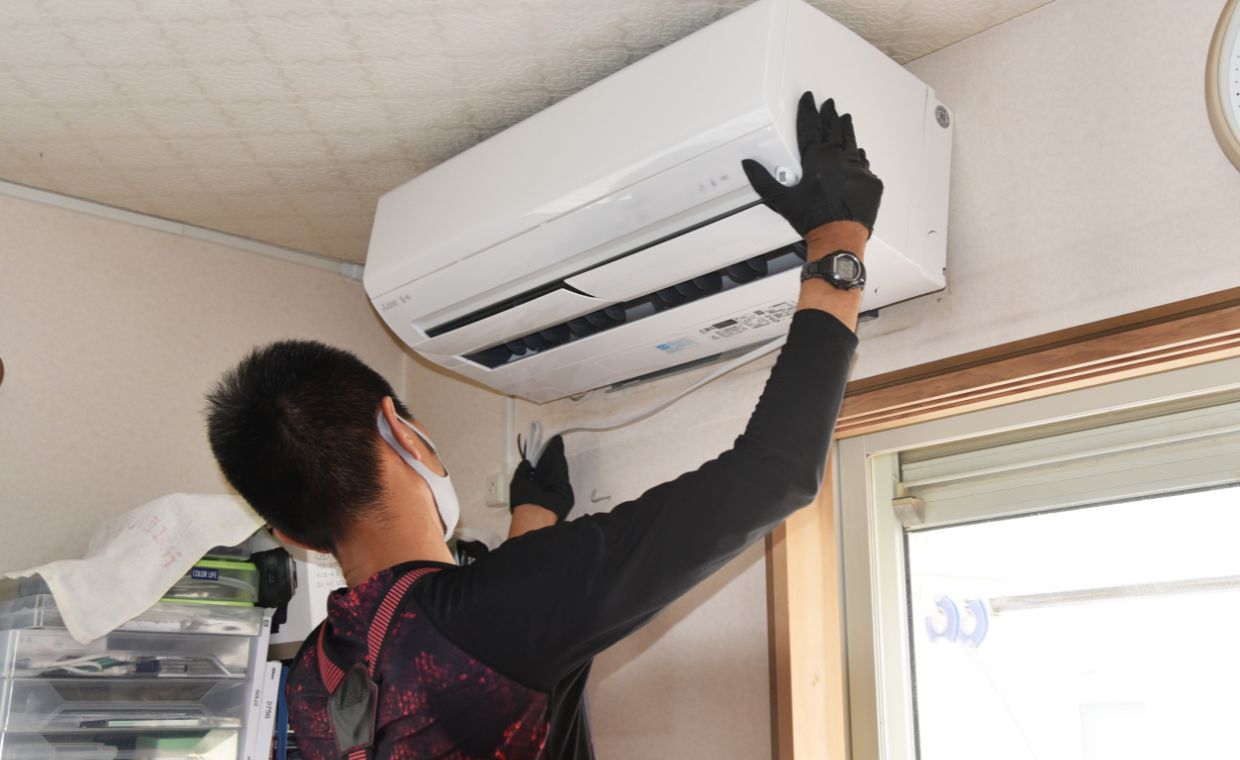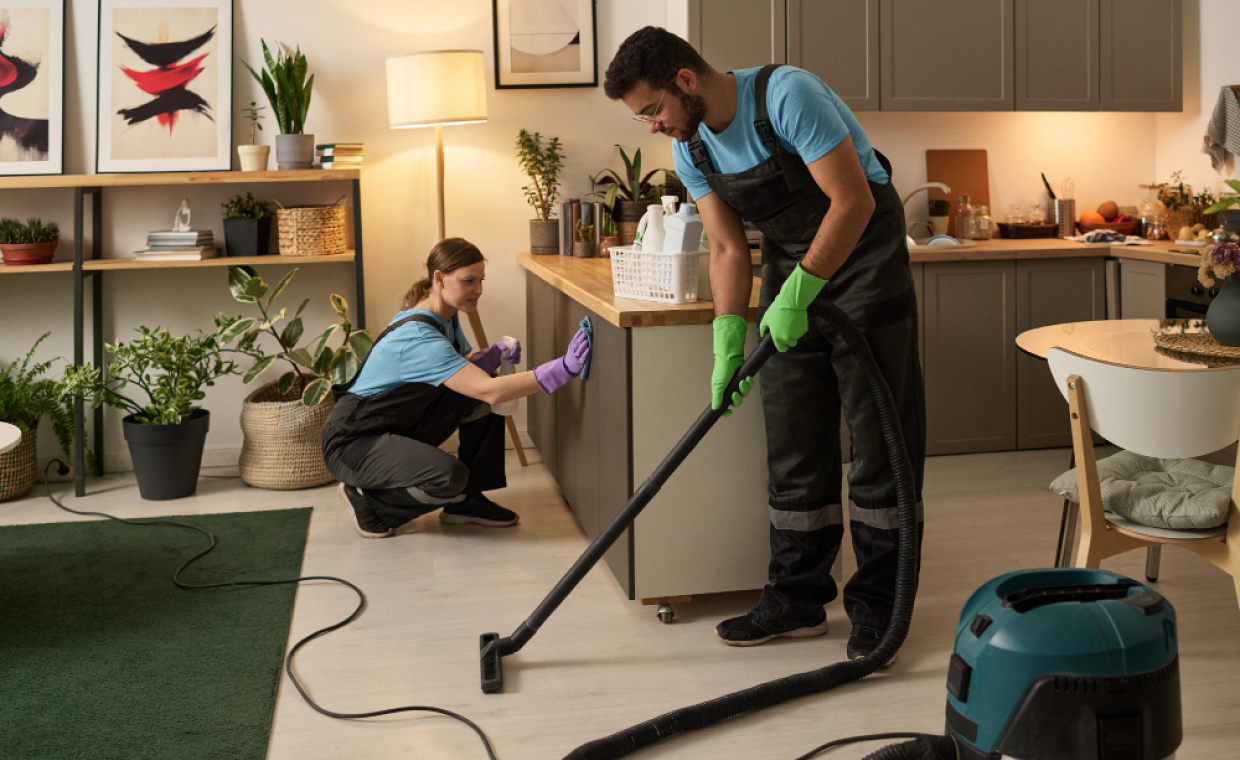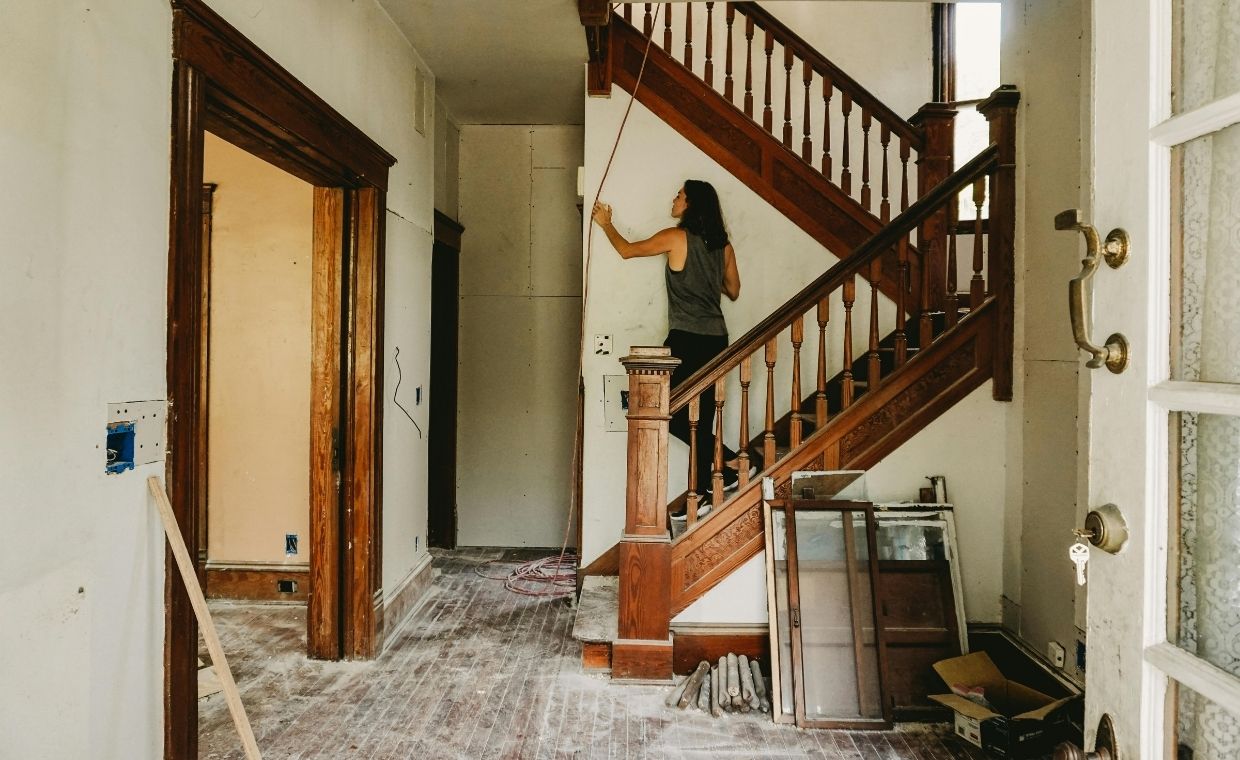
Pavers are stone or concrete slabs that are usually placed in gardens in places where we do not want to grow any plants or shrubs. They not only provide strength to the ground but look quite luxurious, and serves the purpose of path ways. However, although durable and weather resistant, these pavers also need some maintenance at time. The best part is natural paver maintenance is not a rocket science and with few tips you can do it yourself.
Here we are discussing few tips for taking care of natural pavers.
Tips for Taking Care of Natural Pavers
01) Regular Cleaning of Natural Paver Stones

Frequent cleaning of paver stones is the easiest maintenance remedy. This habit will ensure that you do not have to undertake any tough paver maintenance tasks any time sooner. First of all, regular washing and sweeping of your stone is important. How often you have to perform this task depends on many variables.
For example, during autumn you may have to sweep away the dry leaves as these fallen leaves may cause staining on your stones. If you have a party at your garden, then spills may happen, and the sooner you wipe them off the better it is for you.
Before you clean the pavers with a pH balanced cleaner and water, you must sweep the area. This will remove all the stubborn dirt and debris and then you can comfortably scrub the pavers. Now wash them with soap and warm water and use a sponge to scrub off even the last trace of dirt you can see on the pavers. Rinse the pavers and leave them to air dry.
02) PH Control of Natural Pavers

If you have natural stone pavers at your residence, then opting for neutral cleaners would be a better bet as acidic agents may prove hazardous to your pavers. Regardless you are looking for an on-spot cleaning or a thorough washing, a pH neutral cleaner is what you need. Further, you must keep in mind that avoidance of spillage drinks oraerated liquids which having high acid content like orange and tomato juices is taking care of the smooth surface itself. However, if the same happens, make sure to clean the spot immediately.
When you buy a cleaning product to use on your pavers, first test them on a broken or left over piece of paver to see if the result is satisfactory for its effect as well as for the health of the paver.
03) Using Homemade Techniques to Clean Paver Stones

Next, let’s discuss about the various homemade techniques you can use to clean stone pavers. These methods require minimal investment from your side but can extract results that are better than the average expectation.
If there are any oil or grease stains on the pavers you must apply baking soda, corn starch or dry sand to the affected area. For about one hour let the material sit on the weed so that all oils are absorbed. After 30 minutes, remove the dry material by sweeping, and the whole of powder after one hour.
You can also use a house degreaser and apply it on the surface leaving it for half an hour. Just make sure to wear gloves to avoid direct skin exposure to toxic chemicals in degreasers. You can use any household detergent to prepare hot soapy water. Now using a scrub brush rub the stained portions vigorously. If your stains are deep and stubborn, a smaller scrub brush would be a better tool for cleaning them. Once the scrubbing is over, use the water hose to wash away all the detergent. Let your pavers dry thoroughly for the best results.
04) Avoid the Weeds from Digging in

Between the pavers, and around the edge you can easily notice some weeds mushrooming here and there and that often make the area clingy. You have to remove these weeds to keep the pavers clean and weed-less. If you observe some of them are making a foothold, fill the spaces with polymeric sand every year. Its application is not that tough. Just buy a bag of the product and spread it all over your pavers. You have to keep on doing the same until all the seams are full and protected.
05) Replacing Broken Pavers

Often small mishaps may cause paver crack and spoil the look of your paver areas. When that situation surfaces up, you must use a screwdriver or utility knife first to dig out the broken paver. If the base has got disturbed, you must flatten it, then add a similar paver, and then add polymeric sand in the seams and then press hard. However, this step can be undertaken only if you have some free pavers left after the installation is done. Ensure keeping some as a backup.
06) Sealing the Stone Pavers

Different stones possess different properties and hence they demand maintenance according to their type and texture. Sealing the stone pavers not only enhance the aesthetic appeal of your garden but the process also protects them from discoloration, unhealthy water absorption and all sorts of weather withering and environmental damage that may spoiltheir look and hinder endurance.
Especially if you have travertine pavers it is important that you get them sealed else they can be damaged. Travertines can be sealed with water-repellant impregnating sealer as that extends the life of these good looking pavers considerably.
07) Update Your Sealing on a Regular Basis

Sealing can help in extending the life and natural beauty of the natural pavers. Even without sealing your pavers may look nice however, as time passes the beauty may start fading by ruining their entire look. Before wash or sweep your pavers, it is important to remove any dirt or debris from the natural pavers.
Let the pavers get dry and then use a roller or sprayer to apply stone paver sealer on it. Roller can be given the preference here as it gives you the correct idea of the depth in your application. Leave the pavers undisturbed for at least 12 hours so that the sealer may get dried completely.
Conclusion
The pavers in your garden can last for a lifetime provided you know how to take care of them. Slight carelessness and ignorance on your part can actually cause your pavers to lose their sheen with time. Small issues like weeds and stains can be rectified on your own. However, if things are not within your control you must call a professional to take care of such matters. In most cases, periodical checking and cleaning up on a regular basis would be sufficient to keep your pavers clean and perfect. However, if you cannot devote so much time, then just invest time in your task for removing stains regularly and postpone other jobs to a monthly ritual.
Must Read:
Unlock the Secrets of Paver Block!
What are the Advantages of Interlocking Paver Block?
Did you Know the Disadvantages of Interlocking Paver Block?
Image Courtesy: Image 1
Author Bio
Garima Bais – I am a blogger writing on topics like parenting, love, life, beauty and travel. Belonging to a country with a deep heritage India I am an eternal optimist and believe that whatever life gives to you should be taken with gratitude. Do let me know your take on my articles in the form of comments.
































